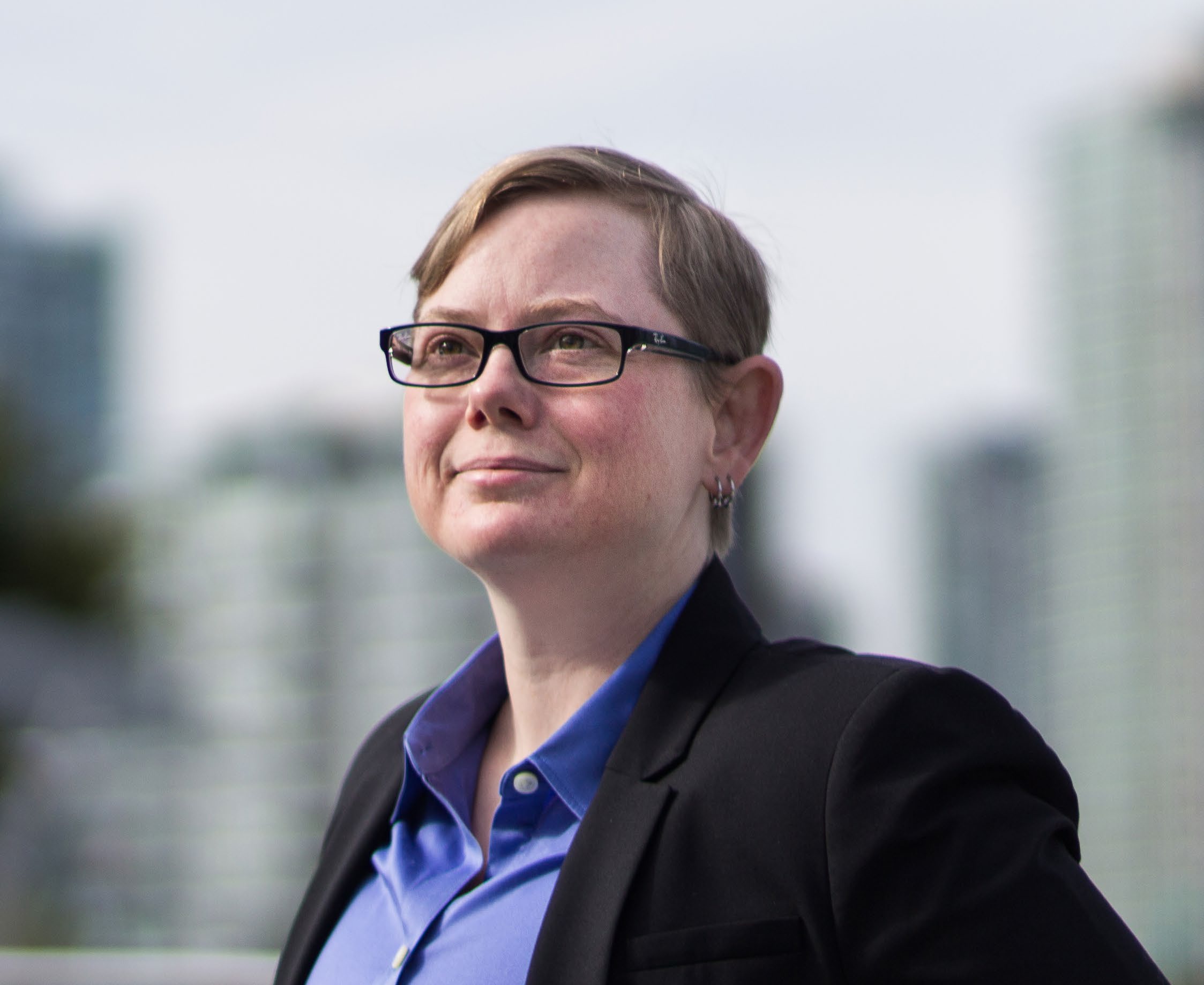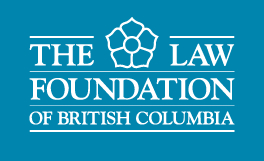
Catherine White Holman Wellness Centre — focused on the specialized legal needs of the trans community
The Catherine White Holman Wellness Centre (CWHWC) trans legal clinic is the only free clinic in British Columbia run by and for trans people, focusing on the trans community and its legal needs. The Catherine White Holman Wellness Centre is a non-profit organization that is part of a networked community of professionals who prioritize the autonomy and dignity of trans and gender diverse people. In 2021 the Clinic received a three-year project grant from the Law Foundation of British Columbia. Prior to this grant, the Centre’s wide array of free services was provided solely by volunteers. The grant has made it possible for the Centre to grow, expand, be more sustainable, and offer full legal representation.

“Trans people face complex and ongoing intersectional oppression, and legal enforcement of our rights is a critical access to justice issue. Because of the way that many trans people experience discrimination, and because Canada is a safer place for many undocumented trans people to settle, many community members are missing basic legal documents showing who we are,” says clinic lawyer Adrienne Smith. “This lack of documentation prevents people from accessing basic government support, such as COVID benefits. This exacerbates existing inequalities which see many of us living in precarity, often participating in the grey economy, and experiencing routine harassment and violence.”
The Clinic provides summary advice and ID change support to trans and gender-diverse people. When the COVID-19 pandemic hit, the Clinic was forced to stop holding regular in-person meetings. The team quickly pivoted their services to an almost exclusively online model. This change not only allowed the Clinic to continue reaching their local clients, but also allowed the Clinic to extend their reach to serve people in areas outside of the Lower Mainland, the greatest growth being on Vancouver Island. This time was also used to focus and regroup and think about what meaningful access to justice might look like for the trans community.

The Clinic is mindful that, while online services have made the Clinic more accessible to some, it has also introduced accessibility challenges for others. A remote affidavit requires an exchange of documents, a video call with a lawyer requires a webcam and high-speed internet, and a formal hearing requires private uninterrupted access to these things for days or weeks at a time.
In response, the Clinic reallocated some funds from other areas in order to buy clients data minutes, and to physically mail them cameras and phones. The team at CWHWC held in-person clinics for people who needed them and even made house calls where necessary. The Clinic also started to advocate for public access video equipment at places like offices of administrative tribunals to ensure all clients can participate in video hearings.
As the Clinic continues to adapt its services to the needs of its clients and community, it is building its reputation as a culturally-safe place that supports and improves the lives of trans folk.
